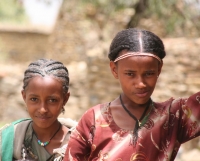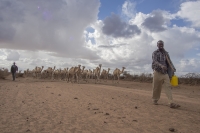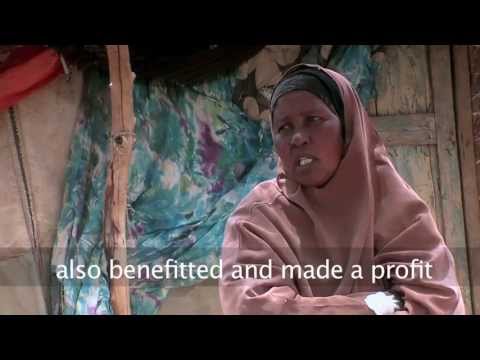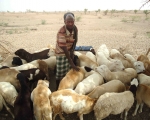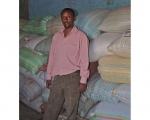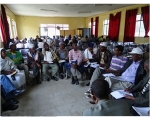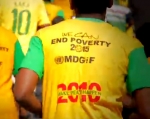

Ethiopia
Africa
Ethiopia
Capital Addis Ababa
Population 85.23 million
Life Expectancy 55.41
Access to clean water 42%
Adult literacy 42.7%
Under five mortality 80.8 per 1,000 live births
GDP per head (US$ PPP) $800

 This evaluation is a knowledge-generating exercise whose goal is to: 1) Assess the MDG-F's contribution, at national level, to the achievement of the MDGs, the principles of the Paris Declaration and the UN reform initiative to “Deliver as One”; 2) Identify best practices and lessons learned in order to inform future joint programming for development; and 3) Connect local level programme interventions with national level policy-making processes by highlighting successful pilot initiatives with the potential for replication and scale-up.
This evaluation is a knowledge-generating exercise whose goal is to: 1) Assess the MDG-F's contribution, at national level, to the achievement of the MDGs, the principles of the Paris Declaration and the UN reform initiative to “Deliver as One”; 2) Identify best practices and lessons learned in order to inform future joint programming for development; and 3) Connect local level programme interventions with national level policy-making processes by highlighting successful pilot initiatives with the potential for replication and scale-up.
Ethiopia_Country Final Evaluation.pdf (1.63 MB)-
Country Fact Sheet
 This Fact Sheet summarizes the key achievements of the Joint Programmes in Ethiopia.
This Fact Sheet summarizes the key achievements of the Joint Programmes in Ethiopia.
Ethiopia Joint Programmes Fact Sheet.pdf (192 KB)
